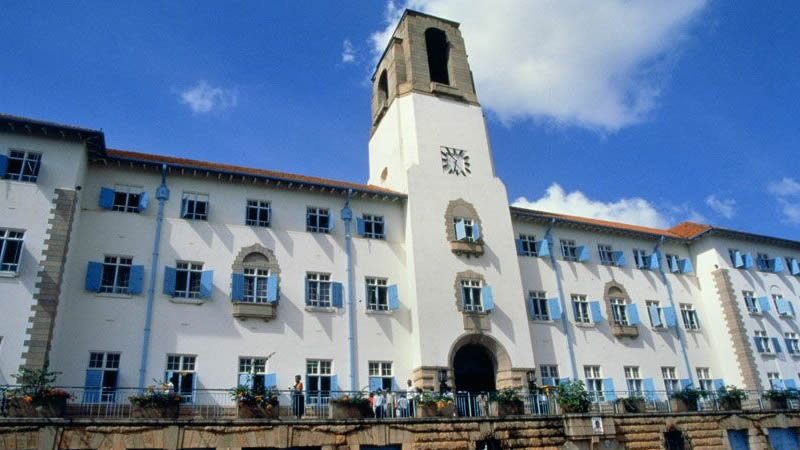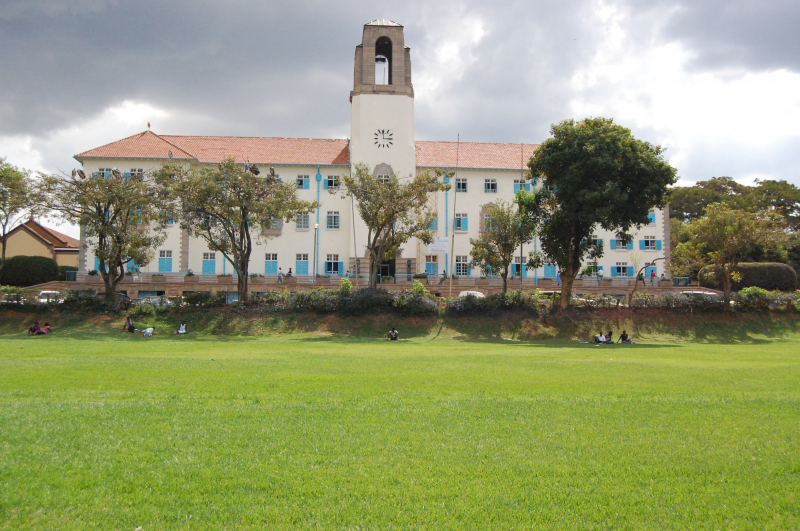Makerere University

Makerere University, Kampala, is Uganda's largest and oldest higher education institution, founded in 1922 as a technical school. In 1970, it became an independent national university. Makerere University now consists of nine colleges and one school, with approximately 36,000 undergraduates and 4,000 postgraduate students enrolled. The main administrative block was destroyed by fire in September 2020, and the cause of the fire is still unknown.
According to US News & World Report, Makerere University is the eighth-best university in Africa and the 569th-best university in the world. Makerere is the highest-ranked university in Sub-Saharan Africa outside of South Africa in the 2020 U.S. News & World Report rankings. According to the 2016 Times Higher Education World University Rankings, it is Africa's fourth-best university.
Many post-independence African leaders attended Makerere University, including Ugandan President Milton Obote and Tanzanian Presidents Julius Nyerere and Benjamin Mkapa. Former Democratic Republic of the Congo President Joseph Kabila and former Kenyan President Mwai Kibaki are both Makerere University graduates.
Makerere University was a focal point for the literary activity that was central to African nationalist culture in the years following Uganda's independence. Many notable writers have attended Makerere University, including Nuruddin Farah, Ali Mazrui, David Rubadiri, Okello Oculi, Ngũgĩ wa Thiong'o, John Ruganda, Paul Theroux, Nobel Prize laureate V. S. Naipaul, and Peter Nazareth.
Between 2006 and 2016, the university was closed three times due to student unrest and faculty dissatisfaction. The last time it was used was on November 1, 2016, when President Yoweri Museveni declared it permanently closed. In January 2017, the university reopened.
Address: PO Box 7062, Kampala, Central Region, Uganda
Tel: +256 (41) 531 202
Fax: +256 (41) 531 202
Website: https://www.mak.ac.ug/











